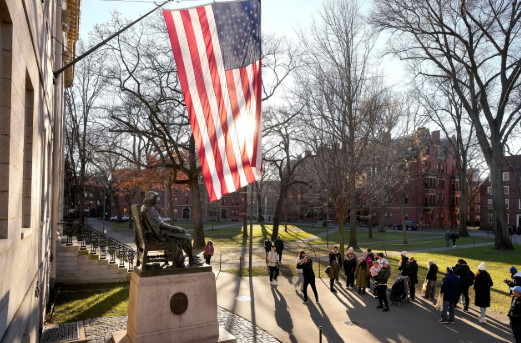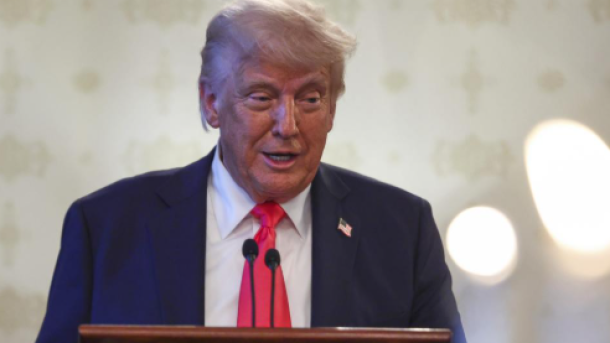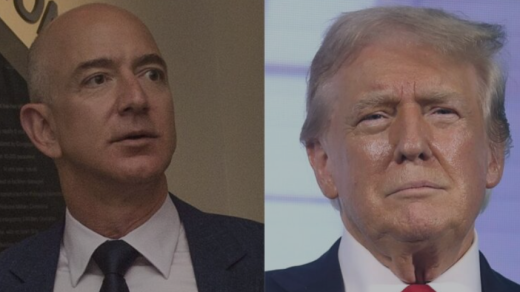The Harvard antisemitism letter sent by the White House’s task force on April 11 has stirred a wave of criticism and confusion. According to individuals familiar with the issue, Harvard University did not authorize the letter and maintains it should never have been sent.
The document, reportedly containing sensitive details about Harvard’s hiring practices, admissions, and academic structure, was shared by Sean Keveney, acting general counsel at the Department of Health and Human Services and a member of the antisemitism task force. Despite its legitimacy being verified, questions persist within the Trump administration about how and why the letter was distributed.
Insiders suggest the letter was either prematurely shared or intended solely for internal use among task force members. Because they were not cleared to discuss the matter publicly, most sources asked to remain anonymous.

Harvard antisemitism letter threatens federal support
The letter’s timing disrupted ongoing discussions between Harvard officials and the White House task force. After two weeks of private talks, University representatives believed they were making headway and hoped to avoid any public fallout. Instead, the Harvard antisemitism letter, written in an aggressive tone and demanding wide-ranging changes, led Harvard to feel that compromise was no longer feasible.
On Monday, Harvard made it clear it would not comply with a list of requirements set forth by the Trump administration. The stakes are high, with nearly $9 billion in federal funding now at risk.
Among the demands were calls for leadership overhauls, “merit-based” approaches to hiring and admissions, and a comprehensive review of students, faculty, and leadership based on their stances on diversity. The letter also reintroduced prior conditions and controversially requested a ban on face coverings—widely interpreted as targeting pro-Palestinian demonstrators on campus.
Additionally, the administration asked Harvard to revoke recognition and funding for student groups involved in recent campus activism.
As a globally respected Ivy League institution, Harvard has become a focal point in the Trump administration’s broader campaign against what it claims is widespread antisemitism—an initiative some critics argue is driven by political motives.
Source: www.inquisitr.com



